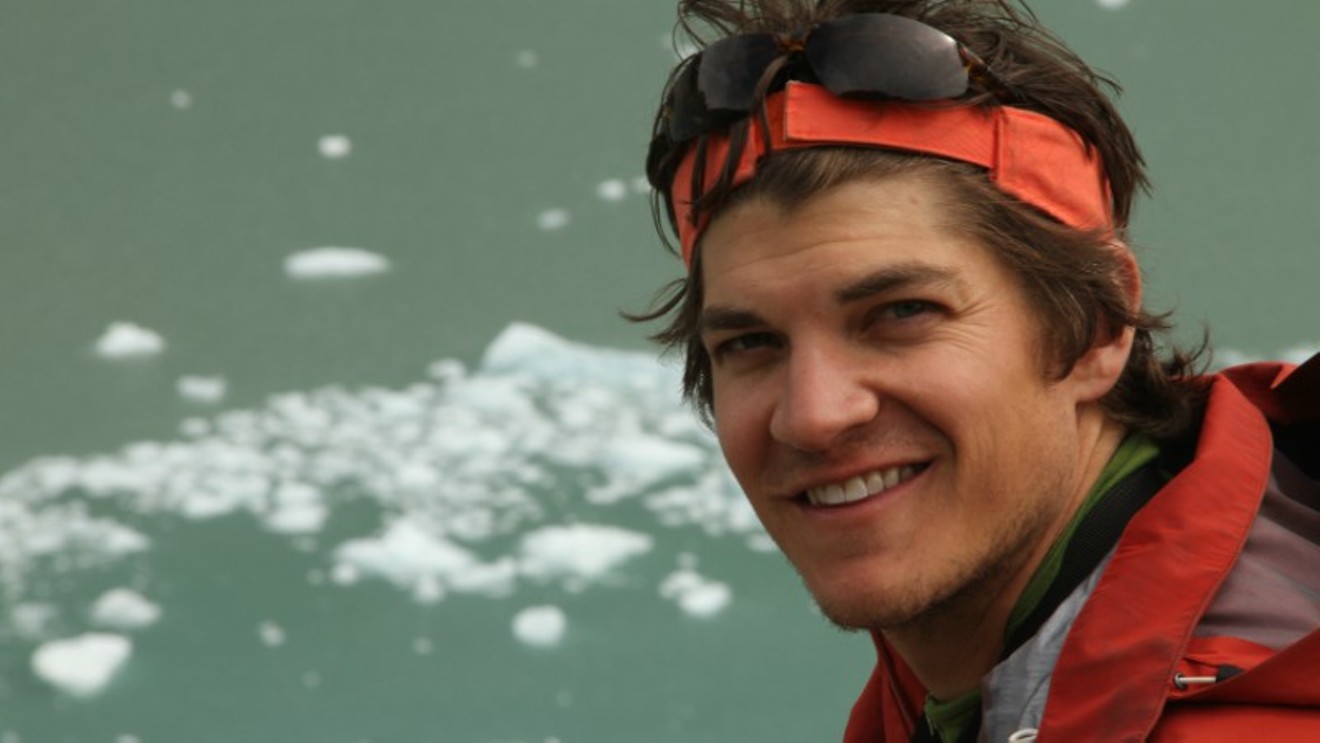One indication of the association's growing activism is the naming of David Weinstein, previously the Trust for Public Land's Western conservation finance director, as its new state and local policy director.
Both Weinstein and OIA executive director Amy Roberts see grassroots-level advocacy as the foundation for better environmental and recreational practices in the future.
"State and local voices are going to be extremely important moving up the ladder of engagement and creating new leadership that comes out of this industry," Weinstein says.
"We want voters to be thinking about these issues when they go to the polls," Roberts adds, "and to raise outdoor recreation as an important economic driver in their state."
As Roberts points out, OIA "has been working in government affairs with a focus on policy for twenty years. But when this administration came into office, the industry saw a new threat to public lands."

In January, on the eve of the Outdoor Retailer + Snow Show in Denver, Patagonia joined with several advocacy groups to turn the McNichols Building in Civic Center Park and the Bureau of Land Management headquarters in Lakewood into canvases of environmental protest.
Sorane Yamahira/Bellvisuals.com
"In moving the shows, we were looking for a state that represented the fact that we view recreation as nonpartisan — something people of all political persuasions are attracted to," Roberts notes. "And Colorado was attractive because it is a purple state. The state legislature and the congressional delegation has both Republicans and Democrats. So putting the shows in Colorado became a platform to point out that Americans can come together over a set of values that encourages people to go outside and, when they do, conserve the land."
Putting an increased emphasis on state and local policies makes sense, Roberts believes, because "more and more, that's where recreation funding is coming from. We're seeing voters willing to support statewide measures involving recreation funding, probably at a higher level than members of Congress. We'll never stop working at the federal level, since so much public land is owned by the federal government. But this is a growing opportunity for us."
"I would underscore that," Weinstein interjects. "At the Trust for Public Land, we learned that local citizens are typically way ahead of federal officials when it comes to the amount of money they're willing to spend on things like trails and access. Whatever the politics might be on the federal level, this will continue to be a growing side of America's economy."
Weinstein isn't a newcomer to the Outdoor Industry Association, having worked for the organization for a few years beginning in 2010 before joining the Trust for Public Land. In the interim, he says, "I've been in touch with Amy and a number of members of the industry, and I've really come to see how powerful the industry voice is when it comes to encouraging better policies for recreation and conservation, as well as enhancing funding for those things."

Outdoor Industry Association executive director Amy Roberts in the Grand Canyon.
Outdoor Industry Association
One way of doing so, Weinstein says, is to encourage states to create outdoor recreation industry offices of the sort that was launched in Colorado circa 2015 "and ensure that respective state memberships have a voice in creating policies. Outdoor recreation falls across so many buckets in state governments, from public health to conservation values to access to economic development. The Outdoor Industry Association will certainly have policy goals and ideas in mind, but we also want to make sure we're reflecting the views of the governor and legislatures that are creating these offices. We're excited to learn how different states think about outdoor recreation. It's not one size fits all."
OIA also wants to do what it can to make sure people elected to office at every level understand the importance of recreational and environmental matters. "It won't be a main driver of my work," Weinstein acknowledges, "but it will be exciting to see what kinds of opportunities arise. I know a number of business owners who've expressed interest in becoming elected officials themselves, and we want to encourage that and help them in any way we can."
Roberts points out that "we have a history of endorsing candidates at the federal level, and in the last election cycle, we did some endorsements in governors' races — and we'll be doing that again this year. But for the mid-terms, we're also started a campaign called Vote the Outdoors, which is intended to make sure our members are educated about candidates' voting records."
By the way, all of the Democratic members of Colorado's congressional delegation receive an "A" from OIA, while the Republicans each earn a "C." Clearly, the association views connections to Trump and Zinke as damaging not only to the environment, but to report cards.












